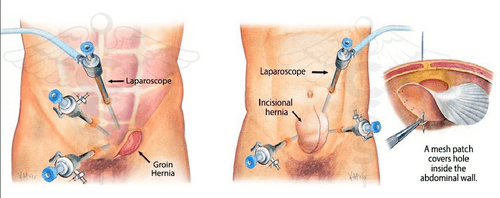Introduction:
Hernias are a common medical condition where an organ or tissue protrudes through a weak spot in the abdominal muscles. While surgery is often recommended for treating hernias, there are non-surgical approaches available, though they come with certain complications and limitations Dr. Durai Ravi, an advanced laparoscopic surgeon based in Chennai, provides valuable insights into the non-surgical treatment of hernias and the associated risks.
Understanding Hernias
A hernia typically occurs in the abdominal area and can be categorized into several types, including inguinal, umbilical, hiatal, and incisional hernias. Symptoms can range from a noticeable bulge and discomfort to severe pain and complications if left untreated.
Non-Surgical Treatment Options
1. Watchful Waiting:
- Description: In cases where the hernia is small and asymptomatic, doctors may recommend a wait-and-watch approach.
- Complications: There’s a risk of the hernia enlarging or becoming symptomatic, potentially leading to more severe complications such as strangulation, where the blood supply to the herniated tissue is cut off.
2. Lifestyle Modifications:
- Description: Patients are advised to avoid activities that increase intra-abdominal pressure, such as heavy lifting, straining during bowel movements, and excessive coughing.
- Complications: While these measures can help manage symptoms, they do not address the underlying issue. The hernia may still enlarge over time.
3. Hernia Belts and Trusses:
- Description: These supportive garments are designed to hold the hernia in place and prevent it from protruding.
- Complications: Long-term use can lead to discomfort and skin irritation. Additionally, they do not provide a permanent solution and may fail to prevent the hernia from worsening.
4. Physical Therapy and Exercise:
- Description: Strengthening the abdominal muscles through specific exercises can help manage hernia symptoms.
- Complications: Improper exercises can exacerbate the hernia. Professional guidance is essential to avoid further injury.
5. Dietary Changes:
- Description: For hiatal hernias, dietary modifications such as eating smaller meals, avoiding spicy foods, and not lying down immediately after eating can help manage symptoms.
- Complications: These changes do not cure the hernia and are only effective in symptom management.
Risks and Complications of Non-Surgical Treatments
Dr. Durai Ravi emphasizes that while non-surgical treatments can provide temporary relief, they come with potential complications:
- Hernia Enlargement: Without surgical intervention, hernias often continue to grow, leading to increased pain and discomfort.
- Strangulation: A serious complication where the blood supply to the herniated tissue is cut off, requiring emergency surgery.
- Obstruction: The hernia can cause bowel obstruction, leading to severe pain, vomiting, and constipation, necessitating surgical intervention.
- Chronic Pain: Persistent pain and discomfort can affect the quality of life and daily activities.
When to Consider Surgery?
While non-surgical treatments can be effective in managing symptoms temporarily, Dr. Durai Ravi recommends considering surgical options for a permanent solution. Advanced laparoscopic surgery offers a minimally invasive approach with benefits such as reduced pain, faster recovery, and lower risk of recurrence.
Conclusion
Non-surgical treatments for hernias can offer temporary relief and are suitable for certain patients, especially those who cannot undergo surgery due to medical reasons. However, these treatments come with significant risks and do not provide a permanent cure. Consulting with a specialist like Dr. Durai Ravi , an advanced laparoscopic surgeon in Chennai, can help determine the best course of action based on individual circumstances and ensure optimal care and outcomes.
For more information and personalized advice, contact Dr. Durai Ravi, who specializes in Advanced laparoscopic hernia surgeries and is dedicated to providing comprehensive care for hernia patients in Chennai.

